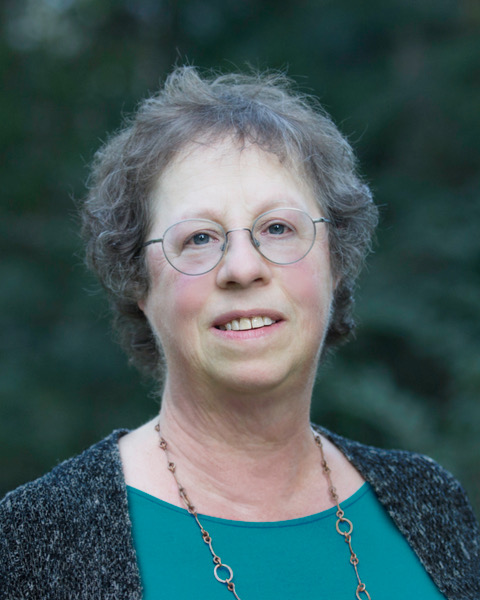 On Tuesday 13th March the Centre for Intellectual Property and Information Law (CIPIL) and Emmanuel College hosted the 13th Annual International Intellectual Property Lecture. The Annual International Intellectual Property Lecture series, established in 2006 from the Herchel Smith bequest to Emmanuel College is one of the premier events in the British Intellectual Property Law calendar.
On Tuesday 13th March the Centre for Intellectual Property and Information Law (CIPIL) and Emmanuel College hosted the 13th Annual International Intellectual Property Lecture. The Annual International Intellectual Property Lecture series, established in 2006 from the Herchel Smith bequest to Emmanuel College is one of the premier events in the British Intellectual Property Law calendar.
This year, Professor Jessica Litman delivered her outstanding lecture, 'Copyright and Property-Think'.
Professor Litman is the John F. Nickoll Professor of Law at the University of Michigan, where she teaches copyright law, trademark law, and advanced IP courses. Litman is the author of Digital Copyright and the co-author, with Jane Ginsburg and Mary Lou Kevlin, of the casebook Trademarks and Unfair Competition Law: Cases and Materials. She is an adviser for the American Law Institute's Restatement of Copyright, and has served as a trustee of the Copyright Society of the USA, and chair of the Association of American Law Schools Section on Intellectual Property.
Professor Litman began her lecture by highlighting the deep polarisation between copyright scholars that has existed for the past 20 year. Some scholars saw themselves as advocates for the interests of 'users'. Others scholars argued for increased copyright protection for 'authors'. However, Professor Litman suggested that there never really existed an 'authors v. users' conflict in the first place - rather the protection of authors and readers are both "worthy goals". The true conflict was between different copyright intermediaries in the marketplace. 'Legacy Intermediaries' (publishers, record labels, movie studios) have been fighting with the 'New Intermediaries' (online service providers, platforms, digital delivery services) for who "gets to eat the biggest piece of pie". Professor Litman argues that both sets of intermediaries are well enough established and have sufficient bargain power to take care of their own interests. In turn, copyright scholars should apply their efforts elsewhere. After all, other theoretical and policy issues need addressing.
One such issue concerns the inequality of bargaining power between authors and intermediaries (new or old). She perceives that the global copyright system has done some good for 'users', who can now access thousands of works online cheap and conveniently. On the other hand, the vast majority of authors have always struggled to make a meaningful level of revenue from the exploitation of their work. In the offline work, the majority of revenue generated from the sale of a work was spent on distribution infrastructure: paper, printing presses, bookstores, warehouse, trucks, movie cameras, communication satellites. Thus, most of the income generated from exploitation of works was diverted away from the author to pay these infrastructure costs. Online, however, this large diversion of revenue does not seem as reasonable due to the significantly cheaper costs of digital reproduction, downloads and streaming. Nonetheless, authors of complaining that they are paying less, sometimes much less, in the online world when compared to the offline work. Why? This question is where Professor Litman believes copyright scholarship to turn to next, and her lecture provides considered insights into the many issues scholarship will have to grapple with along the way.
An audio-recording of Professor Litman's lecture is to stream:

 Facebook
Facebook  X/Twitter
X/Twitter  Instagram
Instagram  YouTube
YouTube  Flickr
Flickr  LinkedIn
LinkedIn